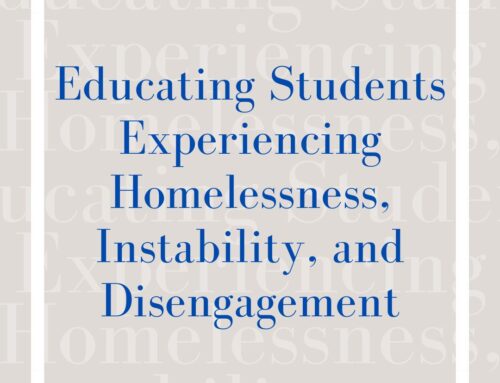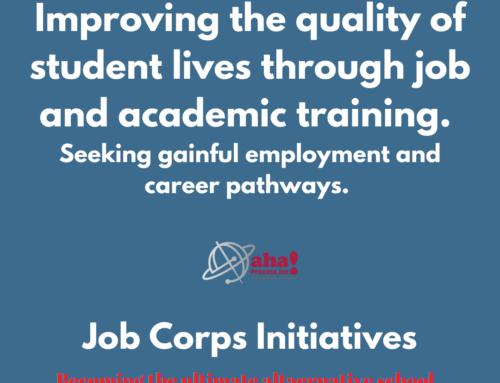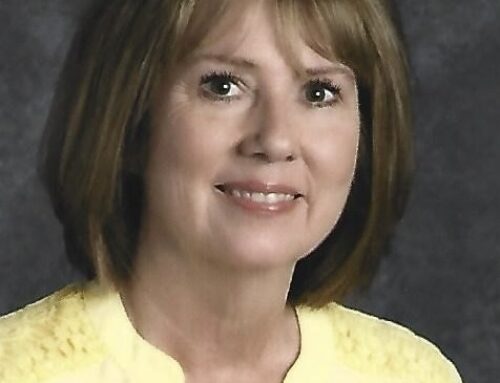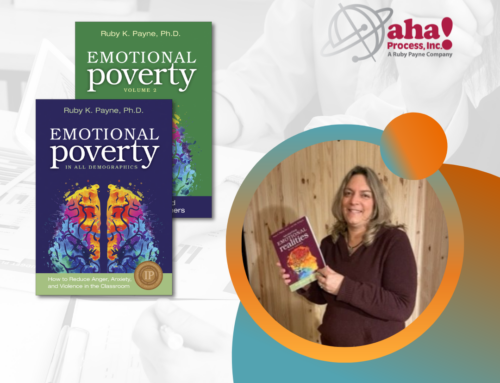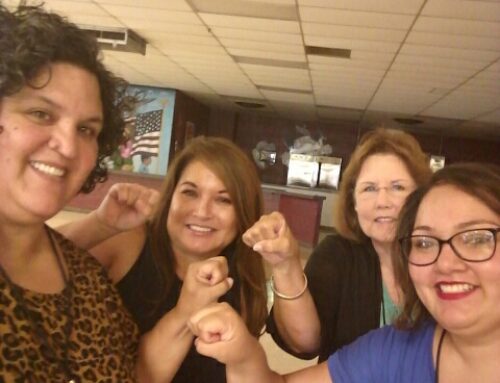 Randi Carbajal Steele, Clovis Unified School District
Randi Carbajal Steele, Clovis Unified School District
Summer school for seventh and eighth grade wasn’t working. Students viewed it as a punishment for failure and considered their teachers summer wardens. Teachers were frustrated trying to cover in a few weeks what students hadn’t learned in a full year. We knew we had to try something different.
In training based on A Framework for Understanding Poverty by Ruby Payne, we learned that poverty is the enemy of stability and that “to better understand people from poverty, the definition of poverty will be: The extent to which an individual does without resources.” We revised summer school to pump up resources and hoped to offer some stability for the students who need it most.
We made the following adjustments:
- Change the name to Summer Academy. We wanted our kids to know that they were part of something special. We arranged field trips to local colleges and vocational schools to provide a vision of what is possible and why school matters. One student asked, “You mean I can go to college too?” “Yeah,” replied another, “I guess if being a professional football player doesn’t work out, I could be a PE teacher and teach football.”
- Establish relationships/role models. The high school leadership class agreed to host a Leadership Day, complete with bonding activities, inspiring stories, ideas for goal setting, and even academy T-shirts. These same high school students will be mentors to our eighth-grade students as incoming freshmen.
- Provide sessions with school counselors. Students wrote essays to discuss some of the emotional obstacles they face. Our counselors read the essays, sent home permission slips, and are providing individual and group counseling sessions based on the needs of students. These students struggle with school for a reason, and it is rarely just “bad attitude.” Some of them had never talked about a parent in prison, a death in the family, parents’ divorce, drug addiction, or how they felt about being passed from foster home to foster home. This connection not only gives students a sense of the support systems in place for them at school, it also allows the counselors to help them build relationships with teachers and support staff when they return in the fall.
- Teach students hidden rules and formal register in a setting that is more comfortable than the regular school year. The lessons can be short but powerful. Kids appreciate having the secret access codes for success in school.
- Guest speakers will share their own stories of struggle and success. Students need to see and hear what it looks like to overcome adversity. This can help build in some purpose and guidance that spiritual resources provide.
There are still standards and curriculum to navigate over the course of this summer, but using aha! Process’ training to reinforce resources has provided much-needed encouragement and support. One of the high school leadership students reported, “I could tell they were smart, but nobody had motivated them before.” Maybe we found a way to change that.
Randi Steele has been teaching since 1984. She teaches Academic Block for eighth grade, which is a combination class of U.S. history and language arts, at Alta Sierra Intermediate in Clovis, California. She also teaches peer counseling and is an advisor for a support system to help kids facing racism, bullying, and harassment called Program Reach.

